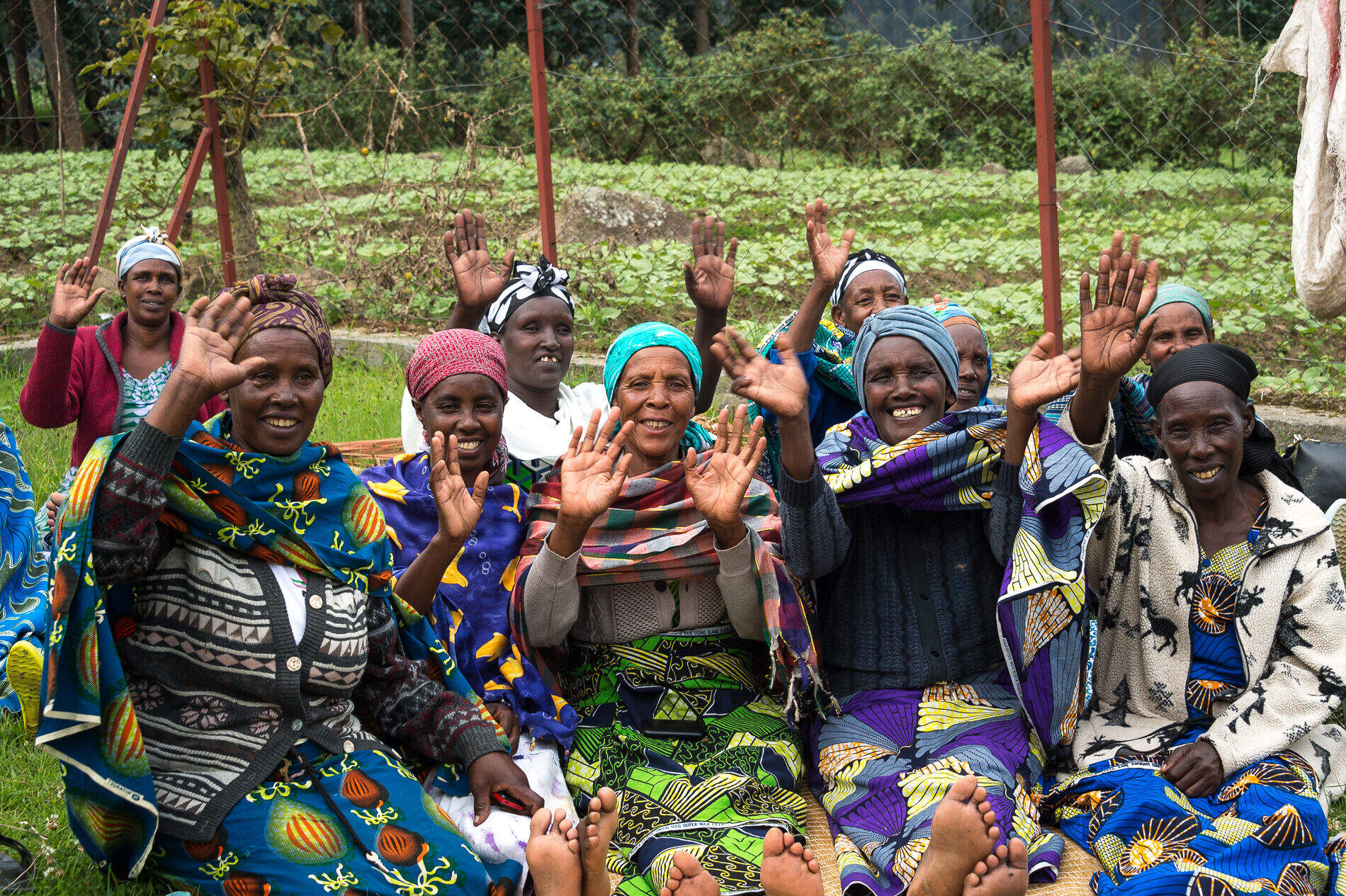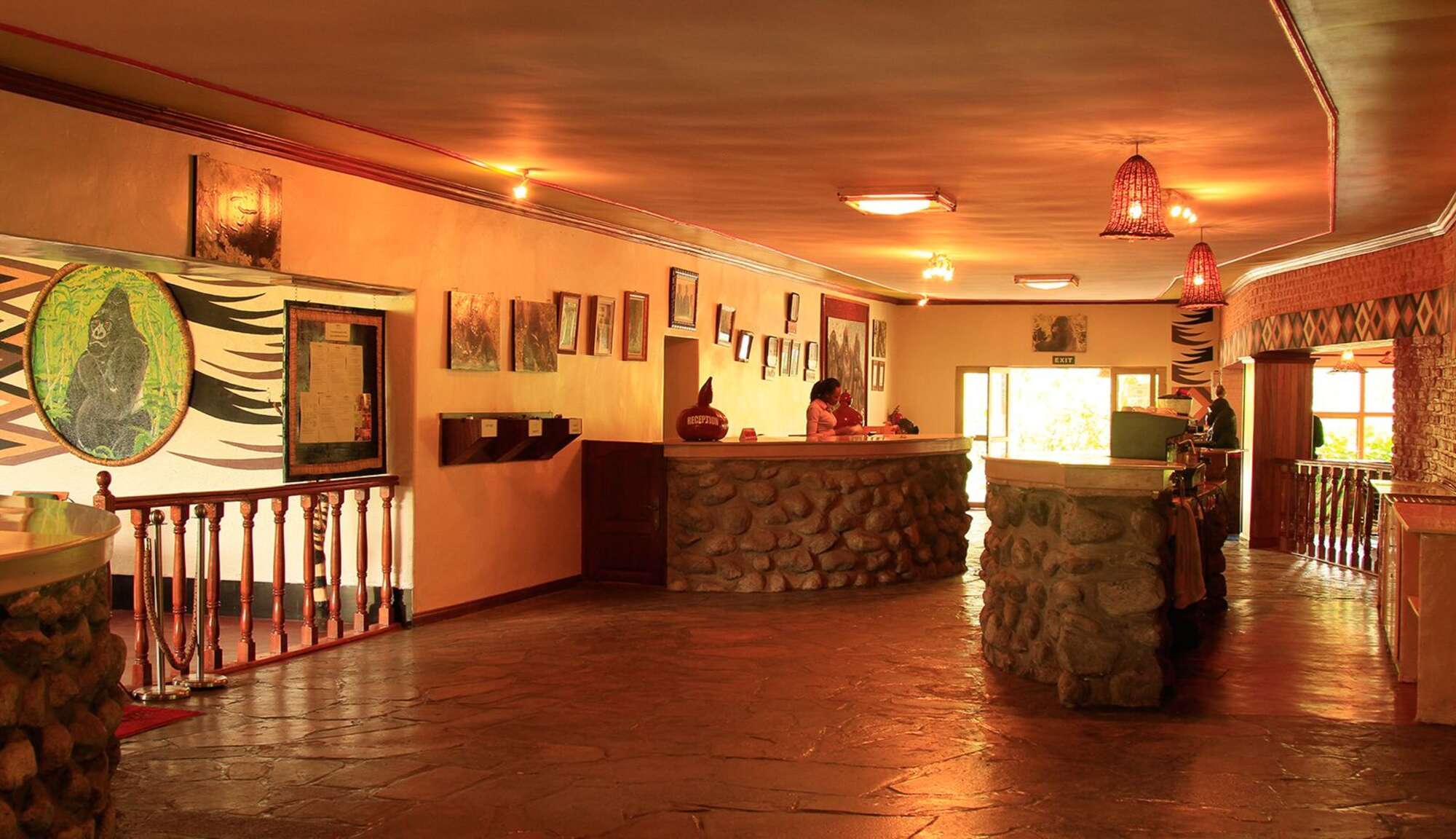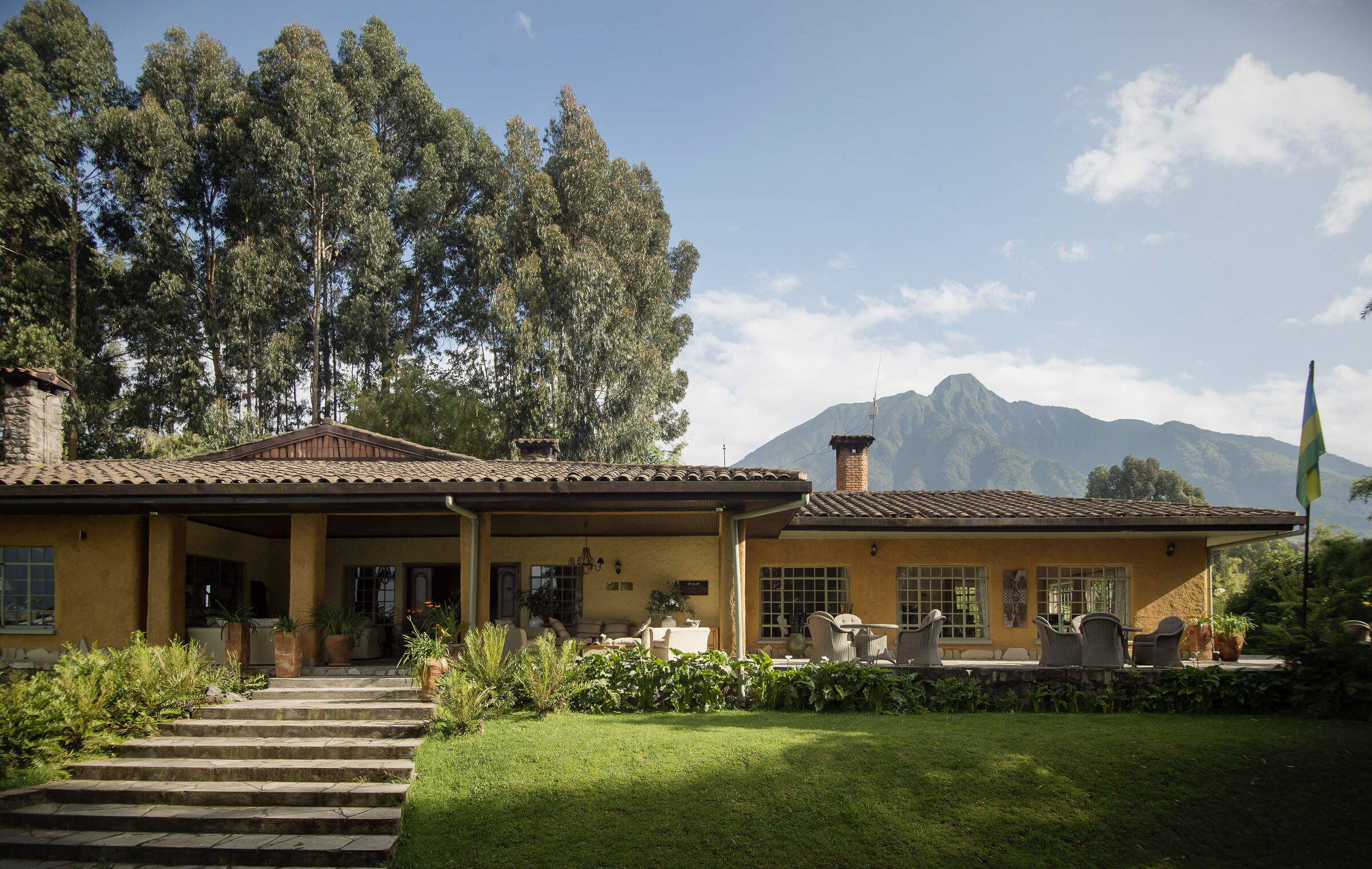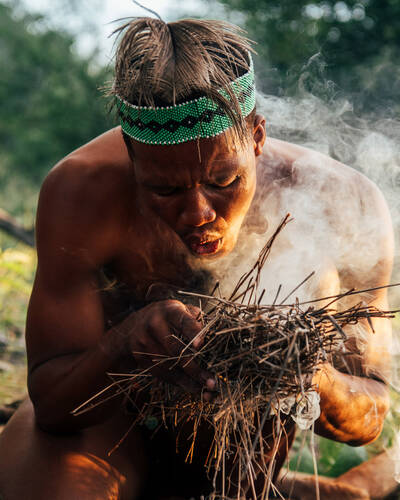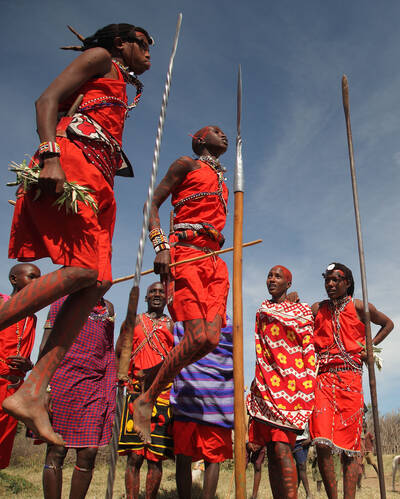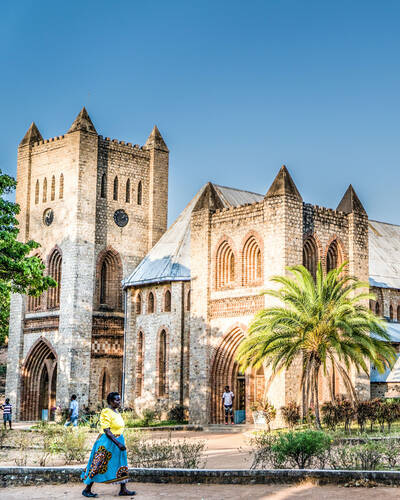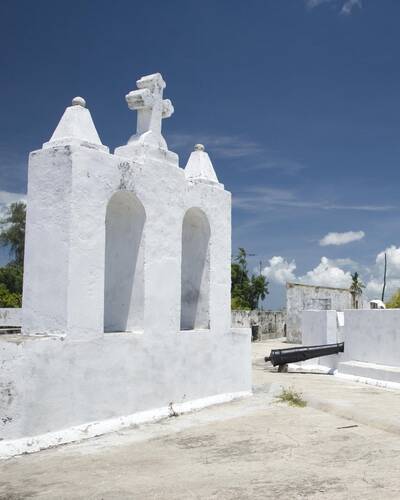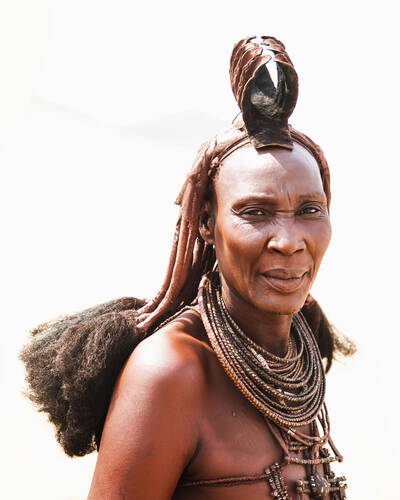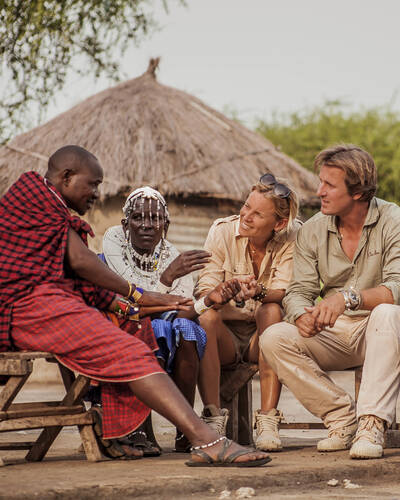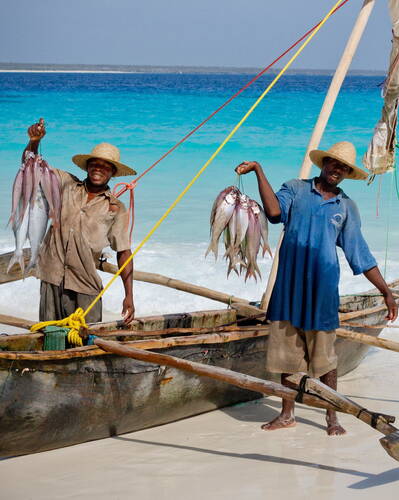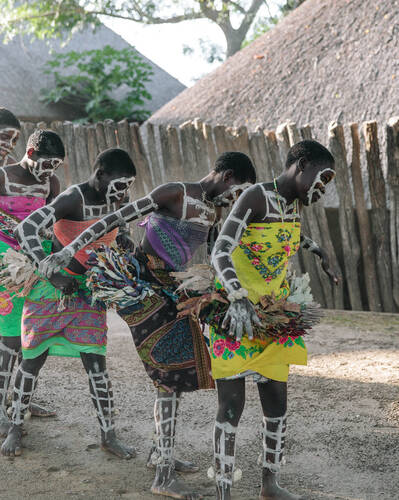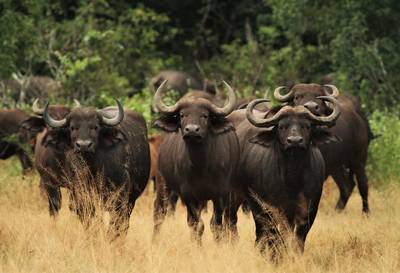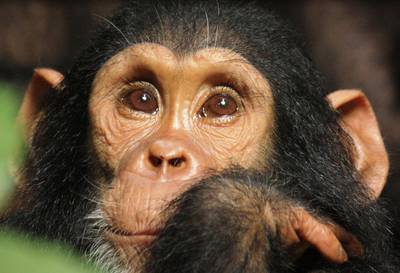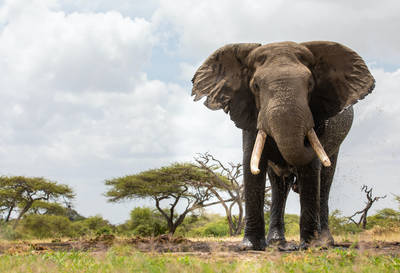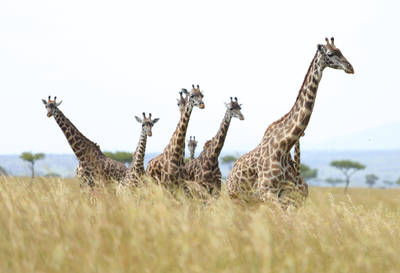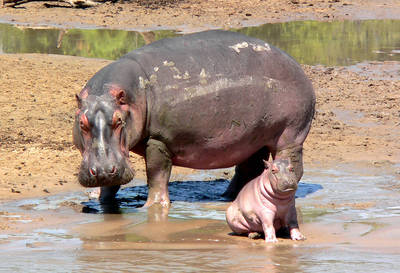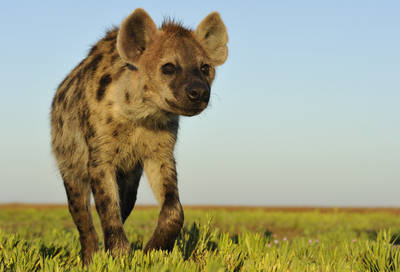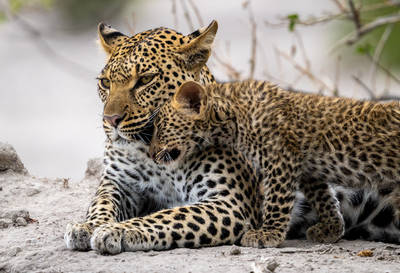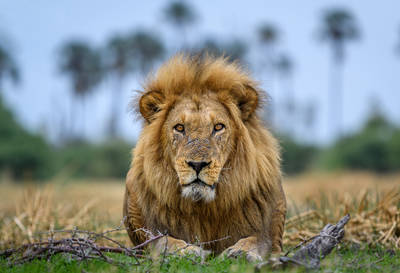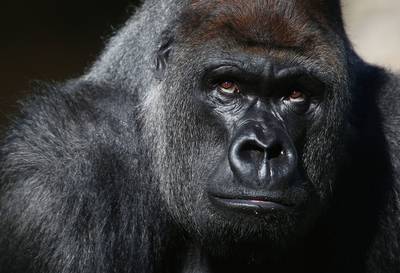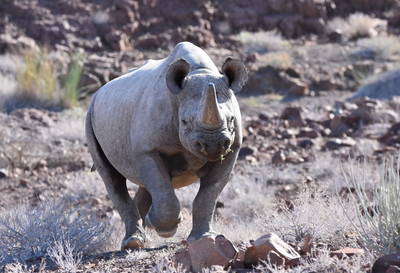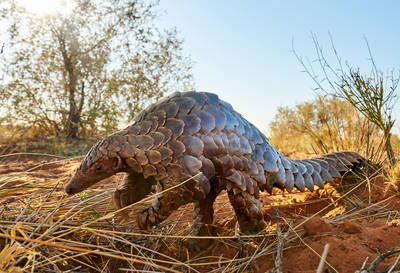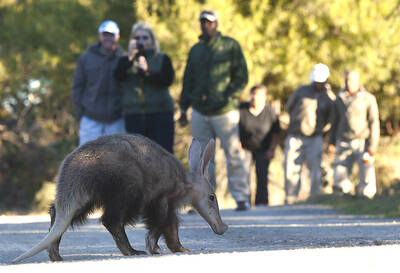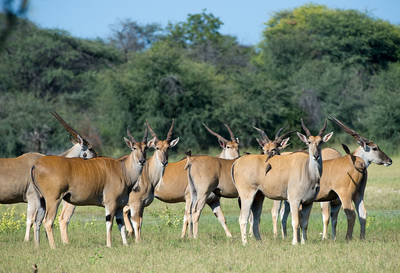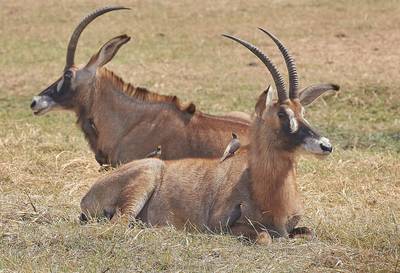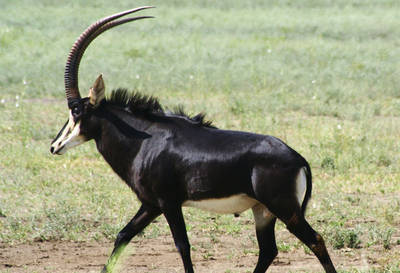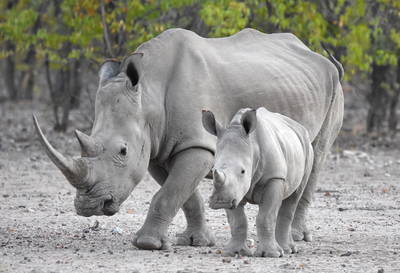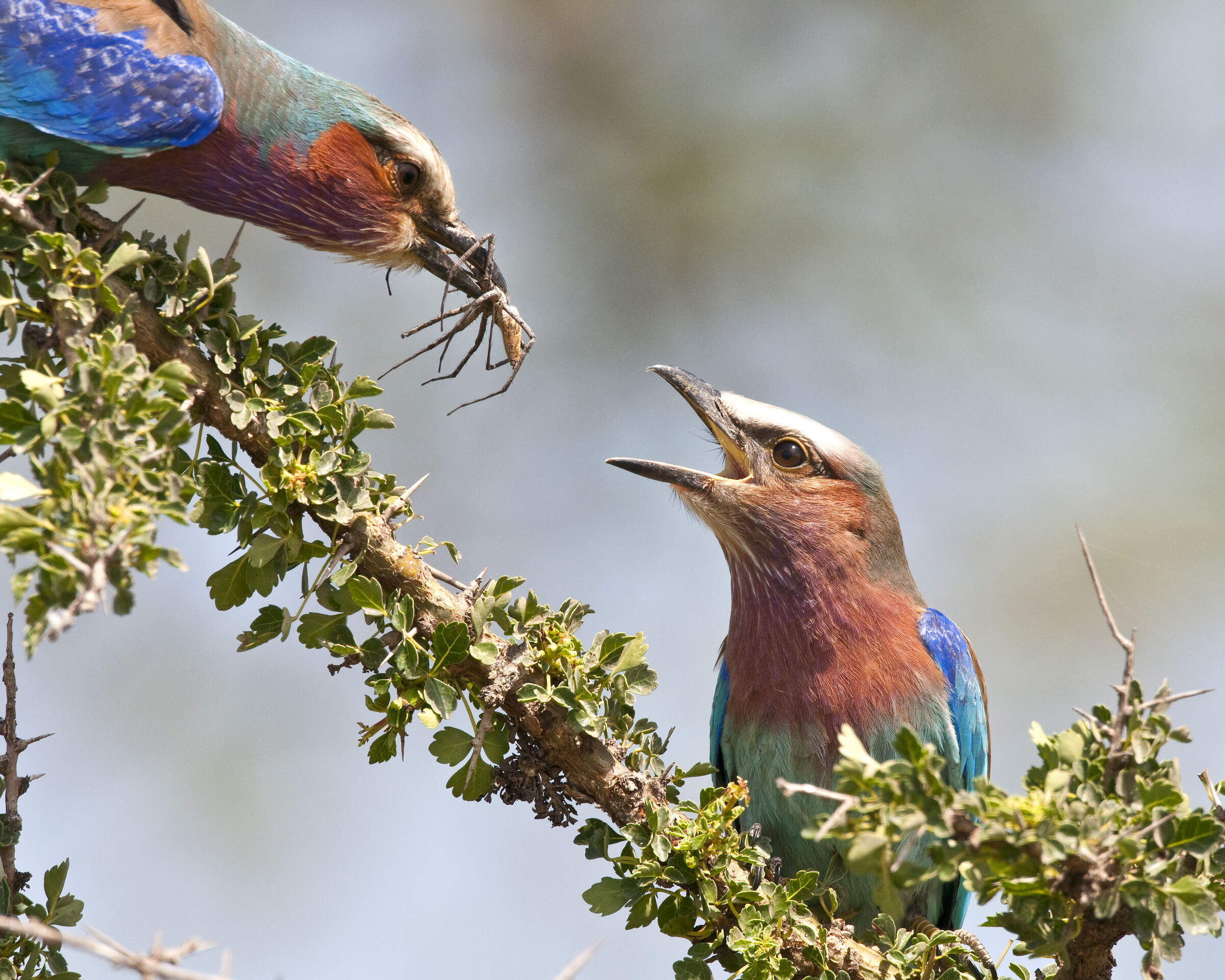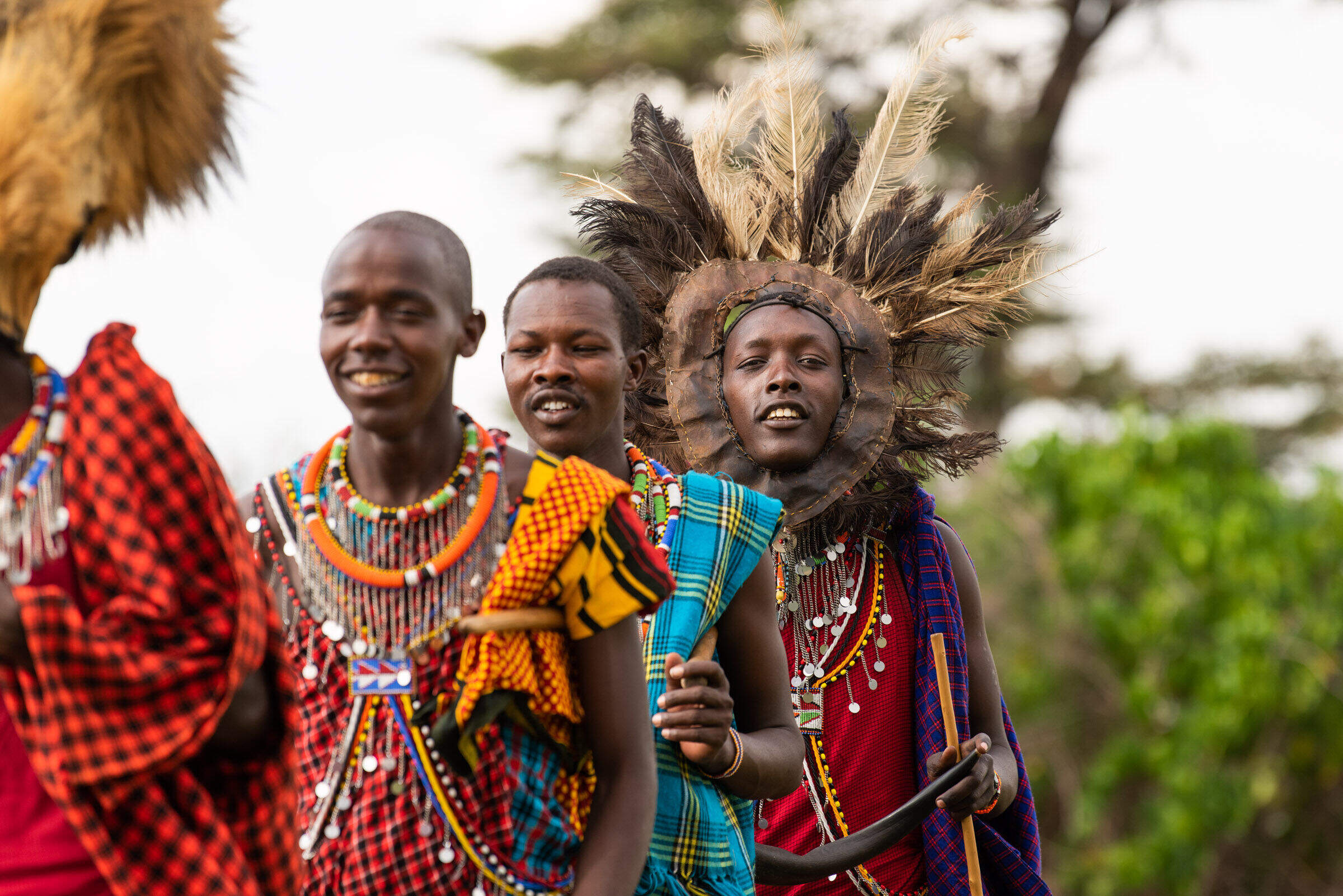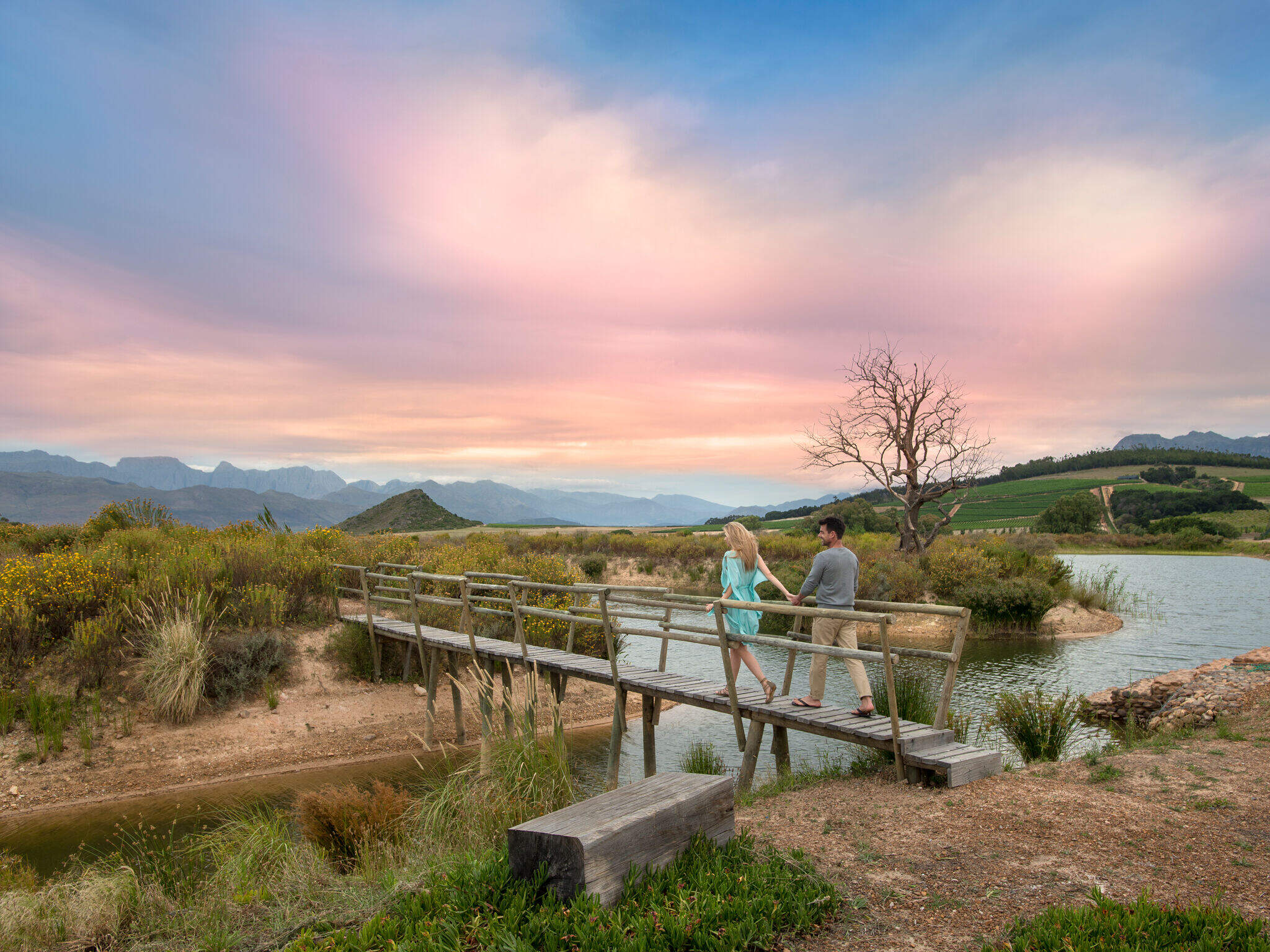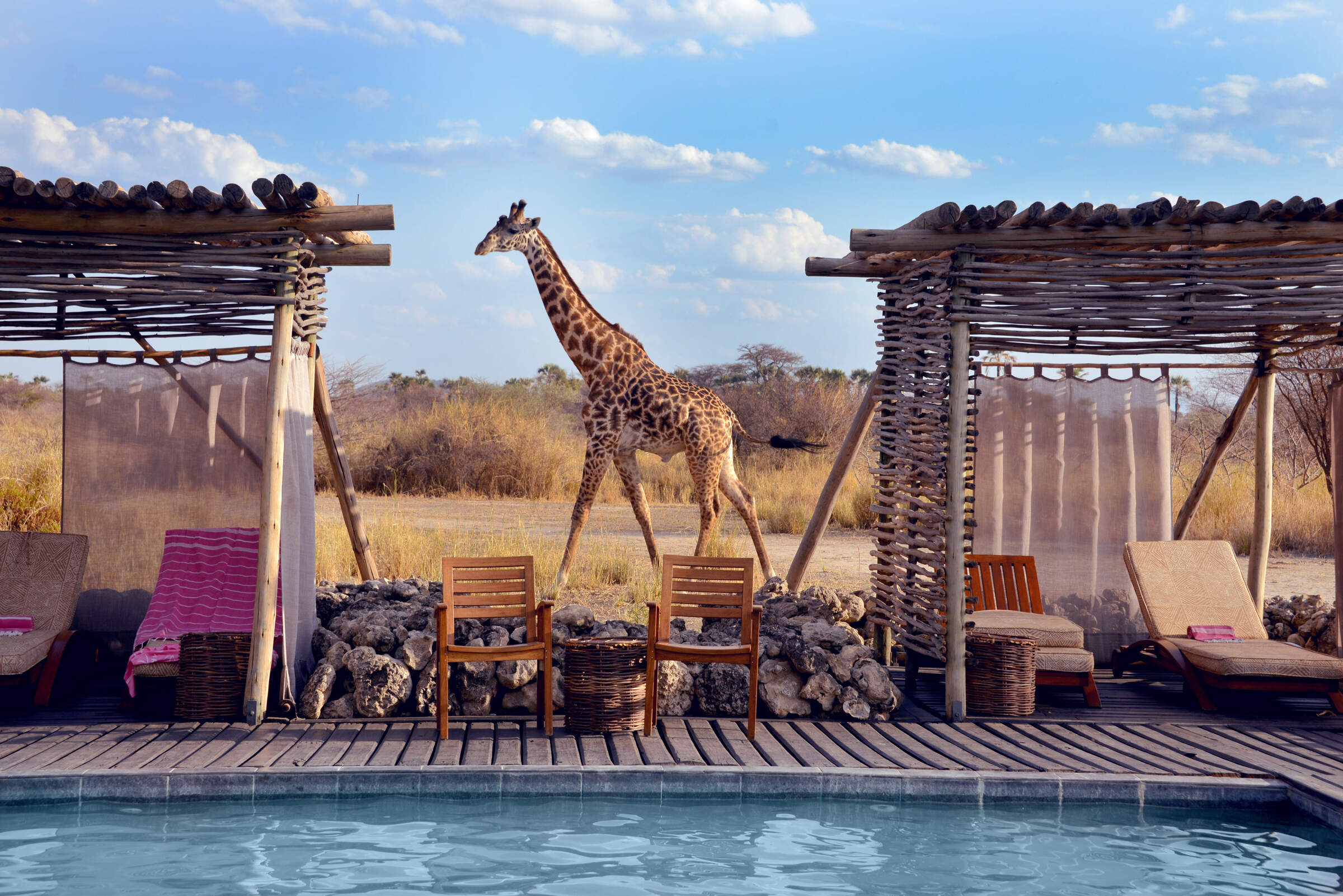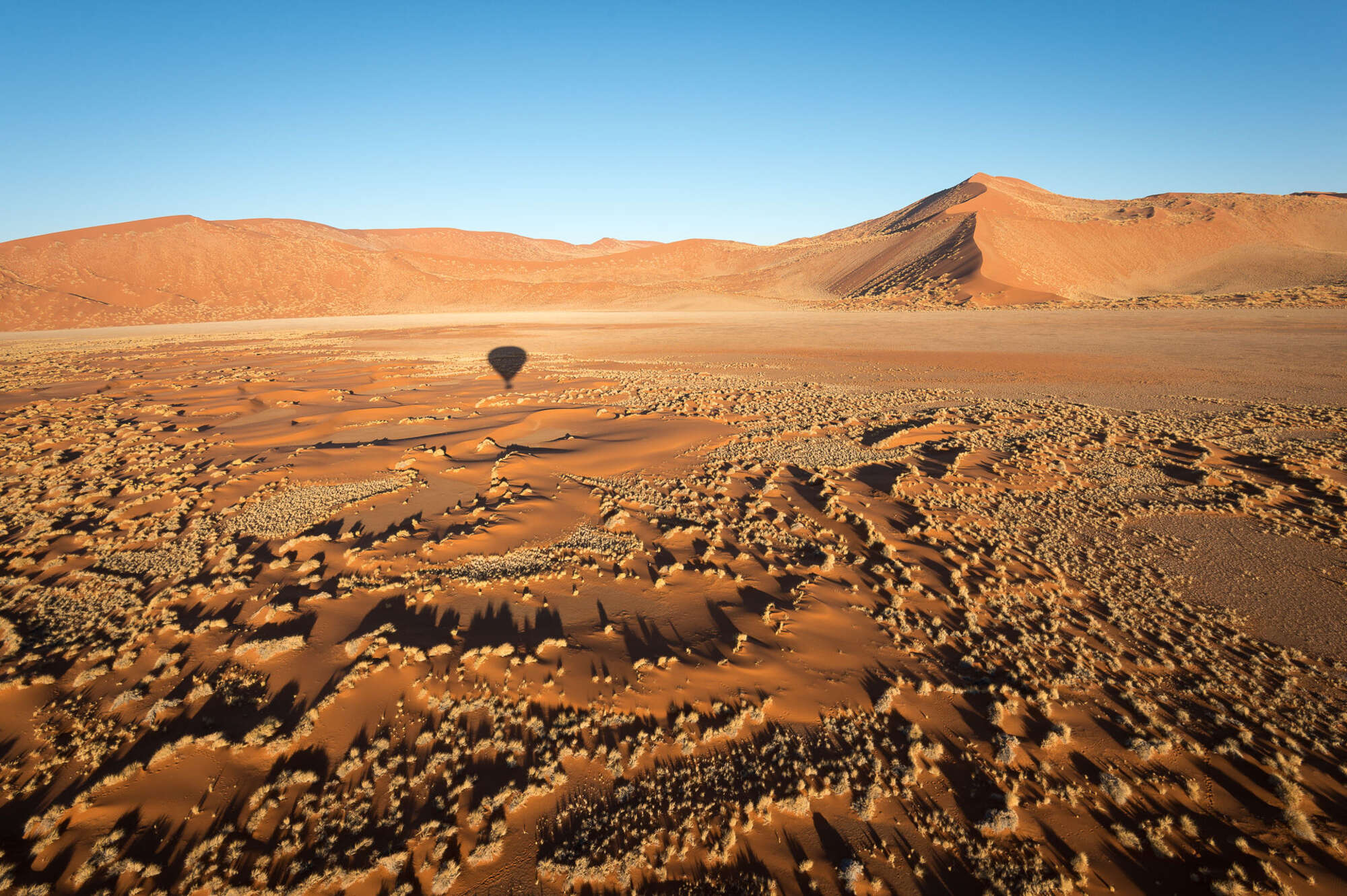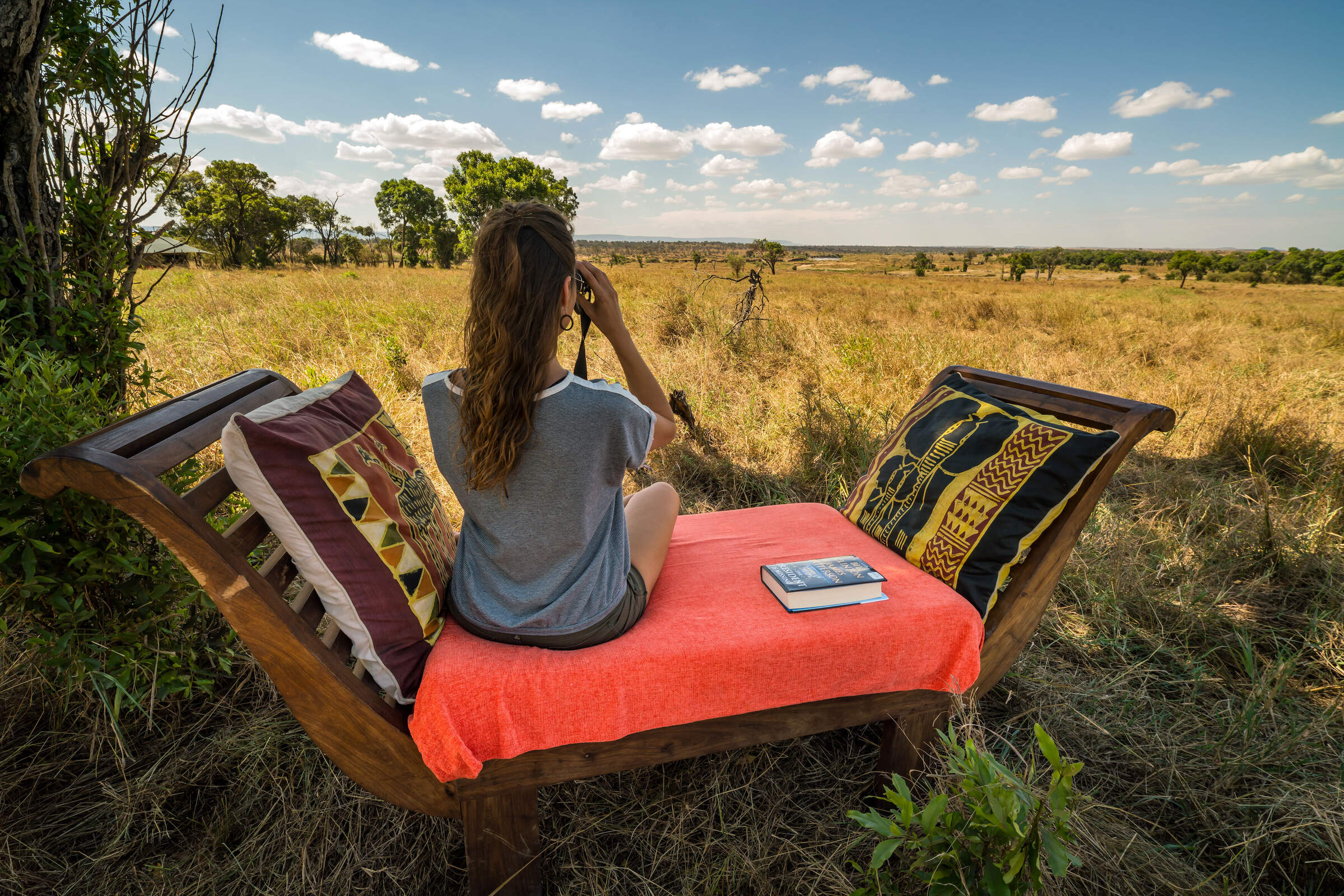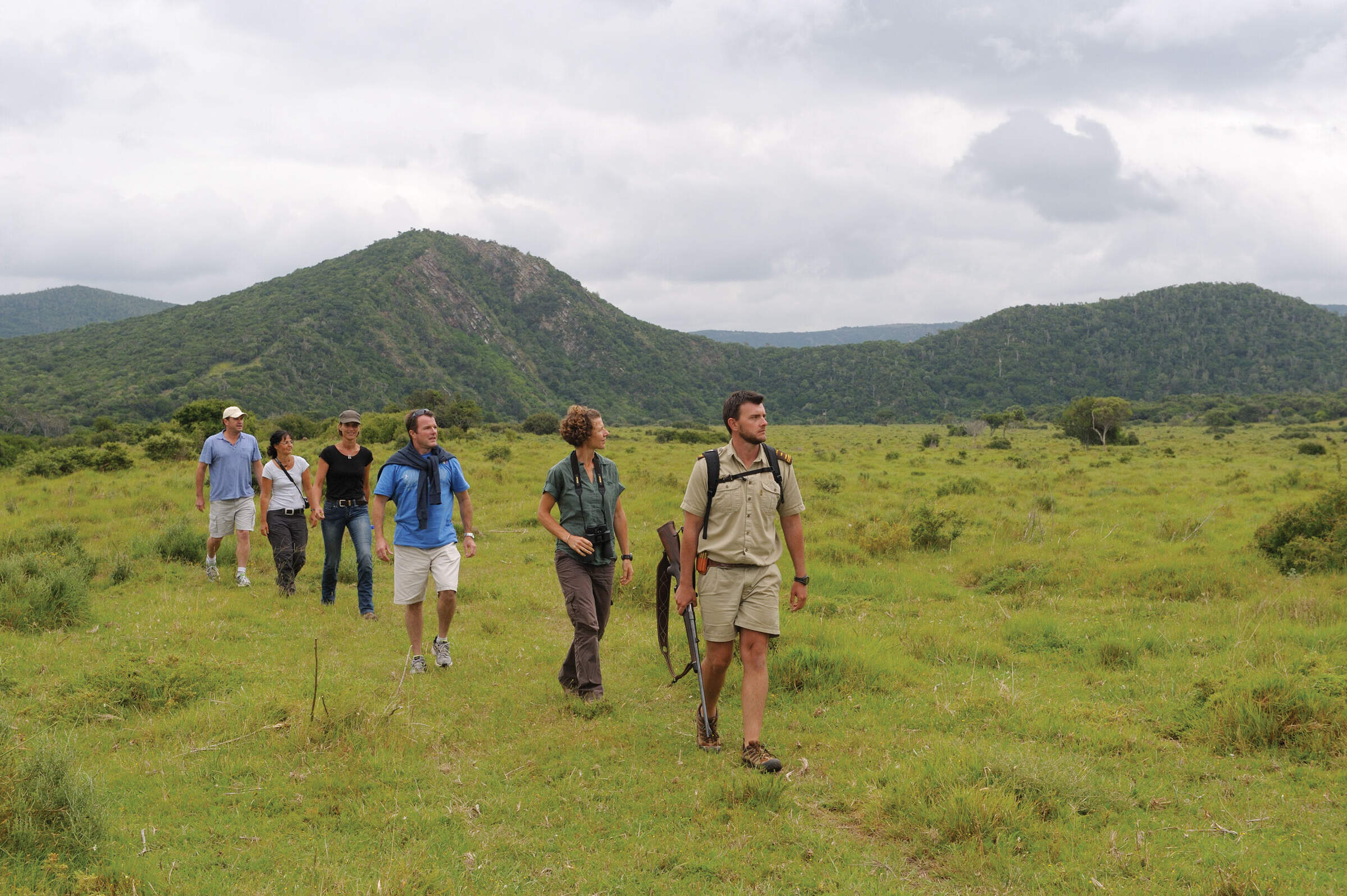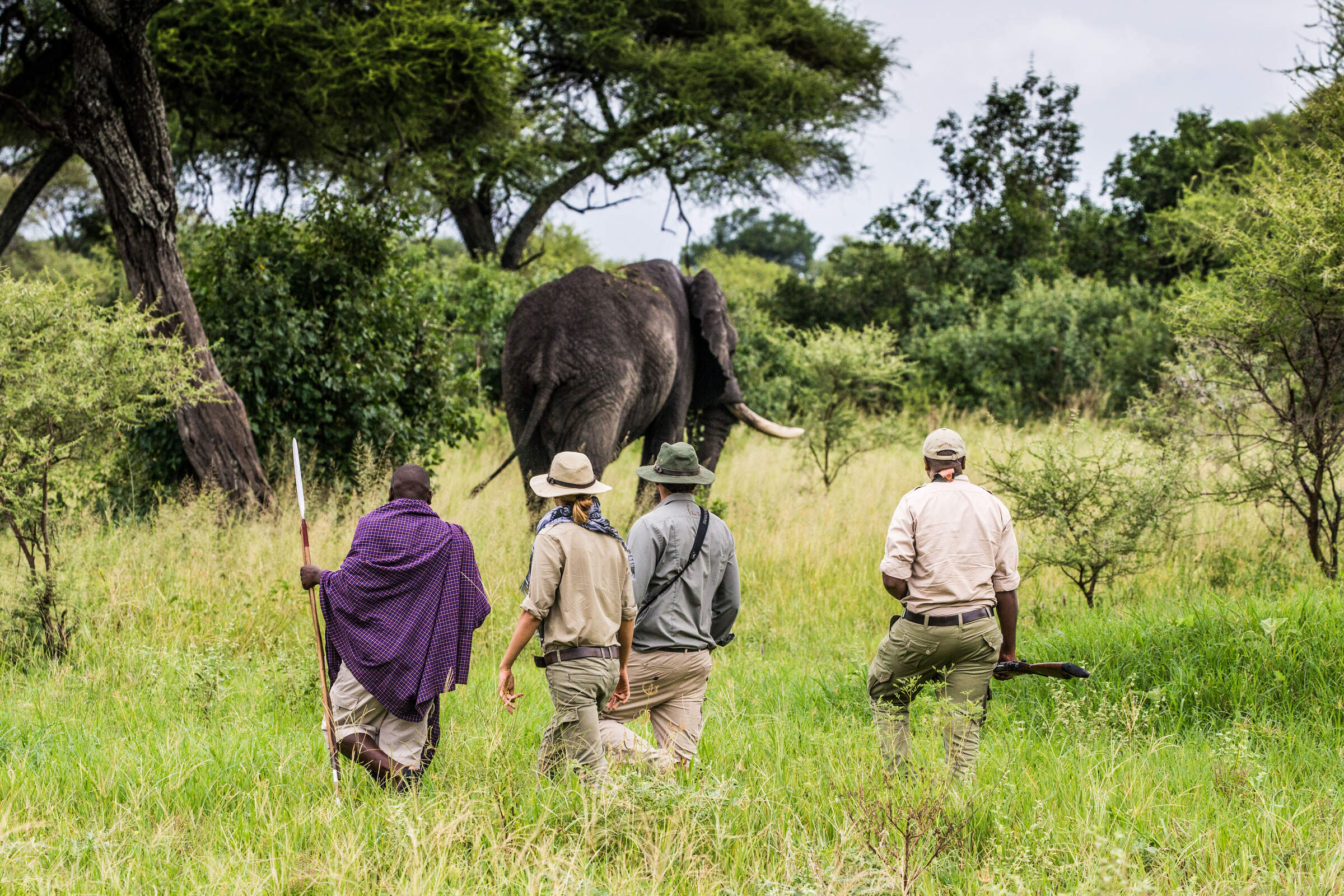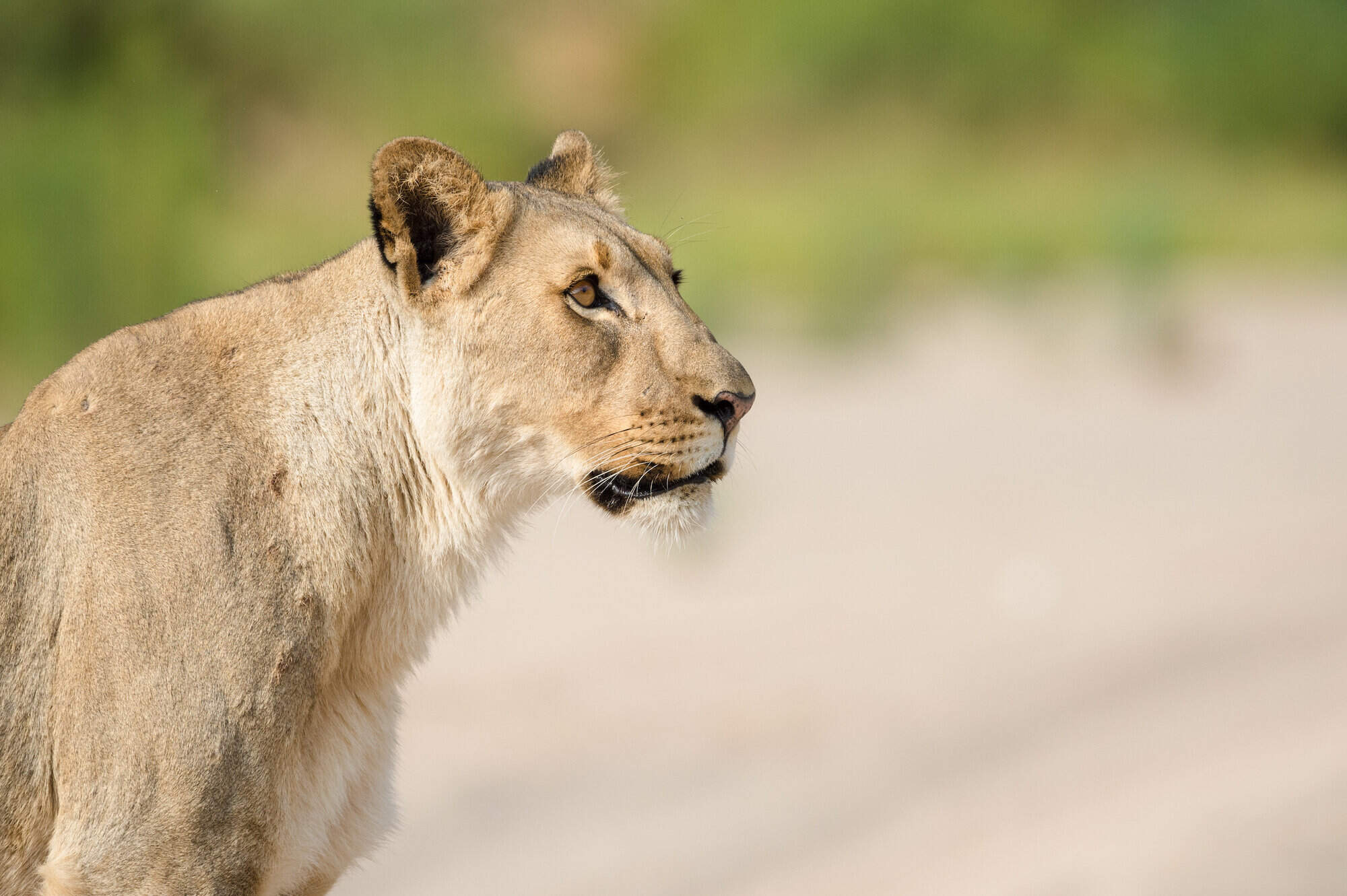Experience the extraordinary culture in Rwanda
Their socio-economic differences were reinforced in the colonial era (the Belgian rulers assigned Tutsi identity to people owning ten or more cows and Hutu identity to everyone else) and provoked into violence in the horrific 1994 genocide in which some 800,000 Tutsis and moderate Hutus were murdered by neighbourhood death squads under military control. Since this dark phase in Rwanda’s history the country has undergone a long period of healing and many citizens no longer refer to themselves as Hutu or Tutsi, but simply as Rwandans.
A visit to Rwanda inevitably brings you face to face with this turbulent past and gives you an appreciation for just how far the country has come over the past few decades. Your guides are likely to be open and informative about their often traumatic life stories. Driving through Rwanda today you will pass dozens of genocide memorials, drive through bustling villages, lush farms and plantations of tea and coffee. Children smile and wave at your car as you pass, and locals are happy to stop for a chat. Despite its recent history Rwanda has retained a strong sense of tradition which is reflected in music, arts and dance.
Expert Africa’s itineraries in Rwanda are all conducted with a private guide and vehicle, giving you the flexibility to stop in the villages, visit genocide memorials, or explore roadside villages and landscapes as you wish. Many people visiting the country will spend time at the sobering genocide memorial in Kigali, which provides insight and context for the rest of your time in Rwanda. The King’s Palace museum, on the way from Kigali to Nyungwe Forest, gives you a feel for the traditional way of life in Rwanda as well as the history of the old kings. A number of lodges can also arrange specific cultural experiences, such as guided village walks accompanied by locals and dance performances laid on for guests. It’s best to put aside any doubts about authenticity when witnessing such cultural displays, and to treat them as visually spectacular re-enactments or theatrical performances.
Best camps & lodges for Cultural experiences in Rwanda
Cultural experiences elsewhere in Africa
Our top ideas and inspiration for Cultural experiences in other countries.
Where to see wildlife species in Rwanda
Maximise the chances of seeing your favourite animals based on traveller sightings reports from the field.

Looking for inspiration on where to travel next?
Visit our trip chooser to explore your options and find inspiration for your perfect African adventure
Inspire meOther styles of holiday in Rwanda
Discover all that Rwanda has to offer

